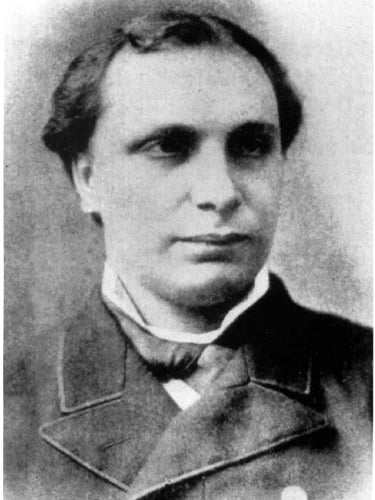

Physician Frederick Mahomed
Frederick Akbar Mahomed was born in Brighton in 1849. His grandfather was businessman Sake Dean Mahomed. Frederick Akbar Mahomed's work impacted our understanding of high blood pressure. .
He qualified as a doctor in 1872 after studying at Guy’s Hospital in London. Just two years later he was made a clinical assistant at the London Hospital before moving on to the London Fever Hospital. Dr Mahomed's career advanced quickly.
He studied high blood pressure, which at the time wasn’t fully understood as a disease, and went on to improve the design of the sphygmograph - a device
used to record the pulse. Dr Mahomed investigated the connection between the pulse, blood pressure and kidney disease. He was one of the first people to define essential hypertension - when high blood pressure occurs without an obvious cause.
His clinical research showed that high blood pressure could lead to damage of the kidneys and the heart, even before symptoms became apparent. At the time doctors primarily focused on treating visible illness, so Dr Mahomed was pioneering preventative medicine. His work was so respected that he was elected Fellow of the Royal College of Physicians and awarded the Royal Society’s Fothergillian Medal.
Dr Mahomed was only 35 years of age when he died from typhoid fever in 1884.


